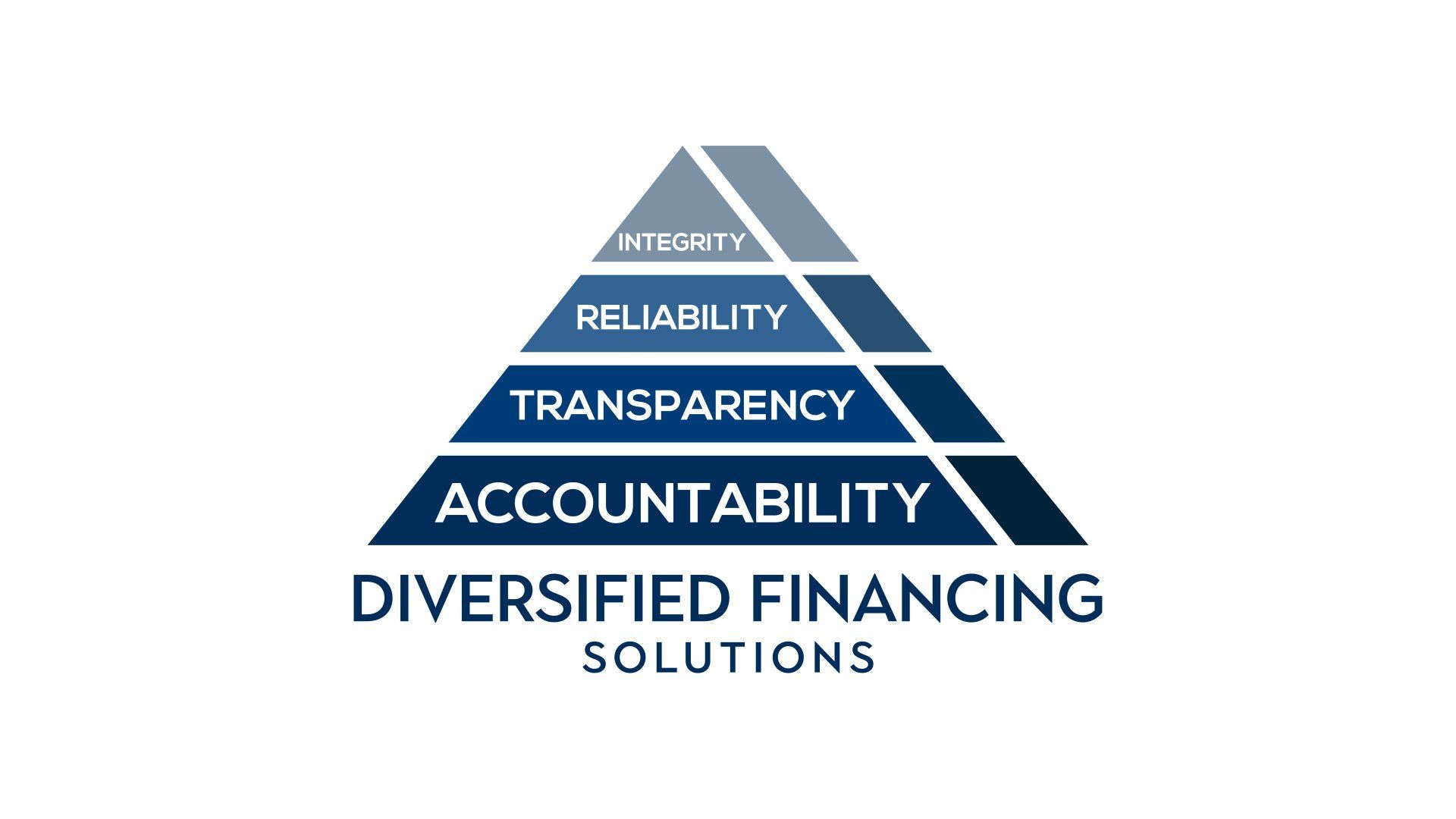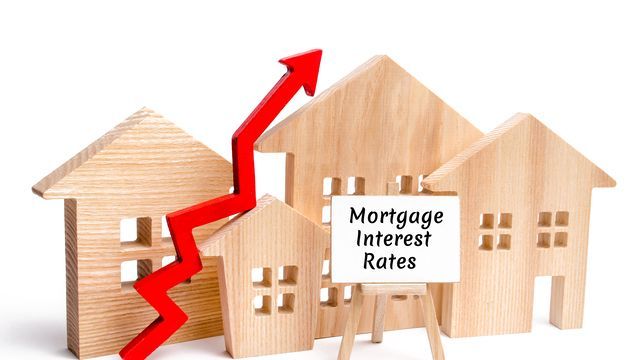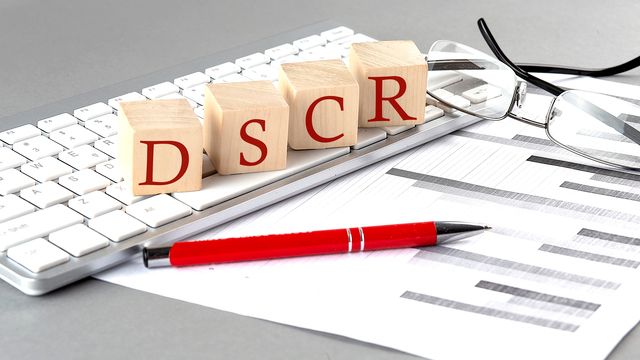A Guide To Getting A Mortgage For A Rental Property
Real estate has long been a go-to avenue for savvy investors looking to diversify their portfolios and generate passive income. But before you can reap the benefits of rental income, understanding how to get a mortgage for a rental property is crucial. Securing the right mortgage sets the foundation for a successful real estate investment experience.
Understanding Why Mortgages for Rental Properties Differ
Mortgages for rental properties aren't the same as those for primary residences. Lenders view rental properties as riskier investments. Why? Because, statistically, borrowers are more likely to default on a loan for an investment property than one for their primary home. As a result, mortgage rates for investment property tend to be higher, and the requirements more stringent.
The Importance of Credit Score
Your credit score plays a pivotal role in any loan application, and mortgages for rental properties are no exception. A higher score not only increases your chances of approval but can also secure you a more favorable interest rate. Generally, lenders prefer scores of 720 or above for rental property mortgages, though some might accept lower scores with a higher down payment.
Down Payment Considerations
Expect to put down more for a rental property than you would for a primary residence. While you can sometimes secure a home mortgage with as little as 3% down, rental properties often require a down payment of 20% or more. The logic? A larger down payment reduces the lender's risk.
Debt-to-Income Ratio: Another Crucial Factor
Lenders want assurance that you can handle the monthly mortgage payments, especially if the property remains vacant for a time. They'll look at your debt-to-income (DTI) ratio, which makes a comparison of your monthly debt obligations to your monthly income. A lower DTI indicates better financial stability. Many lenders prefer a DTI below 36%, but some might accept ratios up to 43%.
Property Evaluation and its Importance
Before a lender approves a mortgage, they'll want to evaluate the property's value. An appraiser will inspect the property and consider factors like location, size, condition, and comparable real estate sales in the area. The appraised value assures the lender that the property is a sound investment and determines how much they're willing to loan.
Types of Mortgages for Rental Properties
Several loan options cater specifically to real estate investors:
● Conventional Mortgages: These are standard loans offered by most banks and mortgage companies. They're not backed by the federal government and often come with stricter requirements for rental properties.
● Federal Housing Administration (FHA) Loans: While primarily for primary residences, FHA loans can be used for rental properties if the owner intends to live in one of the units.
● Veterans Affairs (VA) Loans: Similar to FHA loans, veterans or active-duty military personnel can use VA loans for multi-unit properties if they occupy one of the units.
● Portfolio Loans: Offered by private lenders, these loans form part of the lender's investment portfolio instead of being sold on the secondary market. They can be more flexible in terms of requirements.
Interest Rates and Loan Terms
Interest rates play a vital role in determining your monthly mortgage payments and the overall cost of the loan. As mentioned earlier, interest rates for rental properties are typically higher due to the perceived risks.
You can choose between fixed-rate mortgages, where the interest rate remains constant, or adjustable-rate mortgages, where the rate can fluctuate based on market conditions. The loan term, often 15 or 30 years, will also impact your monthly payments and the total interest you pay over the life of the loan.
Navigating the Approval Process
Prepare for a more rigorous approval process when seeking a mortgage for a rental property:
● Documentation: Lenders will request proof of income, employment, assets, and liabilities. This often includes tax returns, W-2s, bank statements, and other financial documents.
● Property Management Experience: If you've managed rental properties before, this experience can work in your favor. Lenders may see you as a less risky borrower.
● Reserves: Some lenders require you to have cash reserves on hand, ensuring you can cover the mortgage payments if the property remains vacant or requires significant repairs.
Considering Mortgage Brokers and Direct Lenders
When starting your journey on how to get a mortgage for a rental property, you'll face the decision of whether to approach a mortgage broker or a direct lender. Both have their unique advantages.
Mortgage Brokers: These professionals act as intermediaries between you and potential lenders. They have access to a variety of loan products and can help you find a mortgage tailored to your specific needs. Brokers can often negotiate better terms and rates due to their industry relationships. However, it's essential to note that brokers earn their income either through fees paid by you or commission from the lender, so always understand their fee structure upfront.
Direct Lenders: These are banks or financial institutions that lend money directly without using a middleman like a broker. Working with a direct lender can sometimes speed up the loan approval process since there's no intermediary. Plus, direct lenders often have more control over loan underwriting and can provide immediate answers to loan application queries.
Understanding Points and Loan Origination Fees
Another aspect to consider when securing a mortgage for your rental property is the concept of "points" and loan origination fees. One point typically equals 1% of the loan amount and can be viewed as prepaid interest. By paying points upfront, you can secure a lower interest rate, which may be beneficial for long-term investments. The loan origination fee covers the lender's administrative costs and is usually a percentage of the loan amount.
Understanding this Concept Helps a Lot
Knowing how to get a mortgage for a rental property is a blend of understanding the unique requirements of rental mortgages and effectively positioning yourself as a low-risk borrower. While the journey might seem complex, armed with the right information and a clear strategy, you can secure investment property loans that pave the way for a prosperous real estate investment career.








